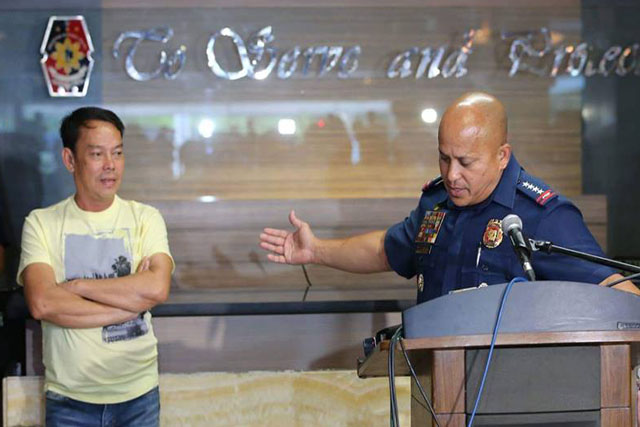JPEPA lobbying intensifies
The lobbies for and against the Japan-Philippines Economic Partnership Agreement intensified at the Senate as lawmakers said they were ready to conduct hearings on the ratification of the JPEPA.
Philippine Ambassador to Japan Domingo Siazon Jr. has been briefing senators since Monday on JPEPA’s advantages and how it could affect the country’s bilateral relations with
Siazon implied that even the official development assistance (ODA) of
Various groups, on the other hand, held a forum on the disadvantages of JPEPA at the Senate sponsored by Sen. Pia Cayetano.
The Magkaisa Junk JPEPA coalition also said that under the agreement, the
The coalition also raised the issue on the possible entry of toxic wastes from
Issues related to the World Trade Organization (WTO) and intellectual property rights must be studied by the senators carefully, the coalition added.
Senate President Manuel Villar Jr. gave assurances that JPEPA would be scrutinized in the upper chamber and any constitutional infirmity would lead to its junking.
Villar added that the Senate would also not consider JPEPA as an executive agreement that would need no Senate ratification. “We will challenge it,” he stressed, reacting to reports that some officials of the administration were of the opinion that JPEPA should just be adopted as a simple executive agreement.
Sen. Miriam Defensor-Santiago, chairperson of the committee on foreign relations, asked the Palace to re-transmit the JPEPA to the Senate since it was not tackled in the last Congress.
The JPEPA will either be ratified or thrown out altogether for re-negotiation, if
But Siazon said the criticisms against JPEPA were overstated, especially on the issue of toxic waste. He said the
“We cannot miss the boat,” Siazon said.
He explained that both the Japanese and Philippine foreign affairs offices had exchanged notes on the toxic waste issue and Japan had acceded to the Philippine stand that its domestic laws, along with the Basel Convention banning the export of hazardous waste, would be respected.
According to Siazon, Japanese Foreign Minister Taro Aso said they were accepting such provision “plus future laws.”
“If there is any problem with our present laws concerning the importation of hazardous wastes, you can always tap new laws,” Siazon quoted Aso as saying in his assurances to Foreign Affairs Secretary Alberto Romulo. He added that the Japanese government’s commitment must be taken with confidence.
“Besides, if there is any real problem, you have one year notice to terminate the agreement. I am quite confident that this will not happen,” Siazon said.
JPEPA would have to be implemented just like any law where sanctions could be imposed on those violating it.
Siazon also emphasized that the agreement must be ratified given the trend in the region.
“I think you have to look at it from the perspective of what is going on in the region. We are production based and ASEAN 4 (
The ambassador further explained the
“If you cannot join that race you will be left behind. Look at the labor market in
Senators Joker Arroyo, Edgardo Angara and Juan Miguel Zubiri said they would study the treaty and would keep an open mind about it.
“It can set a precedent for the rest of our bilateral trade agreements, even multilateral trade agreements. The trend now in the international trade is to enter into bilateral as well as regional free trade agreements because the Doha Round of the WTO (World Trade Organization) seems to be dead already,”
“For us, it is important that we enter into bilateral or regional agreements in order to protect our market and ensure the protection of our goods, personnel and intellectual property,”
- Latest
- Trending




























